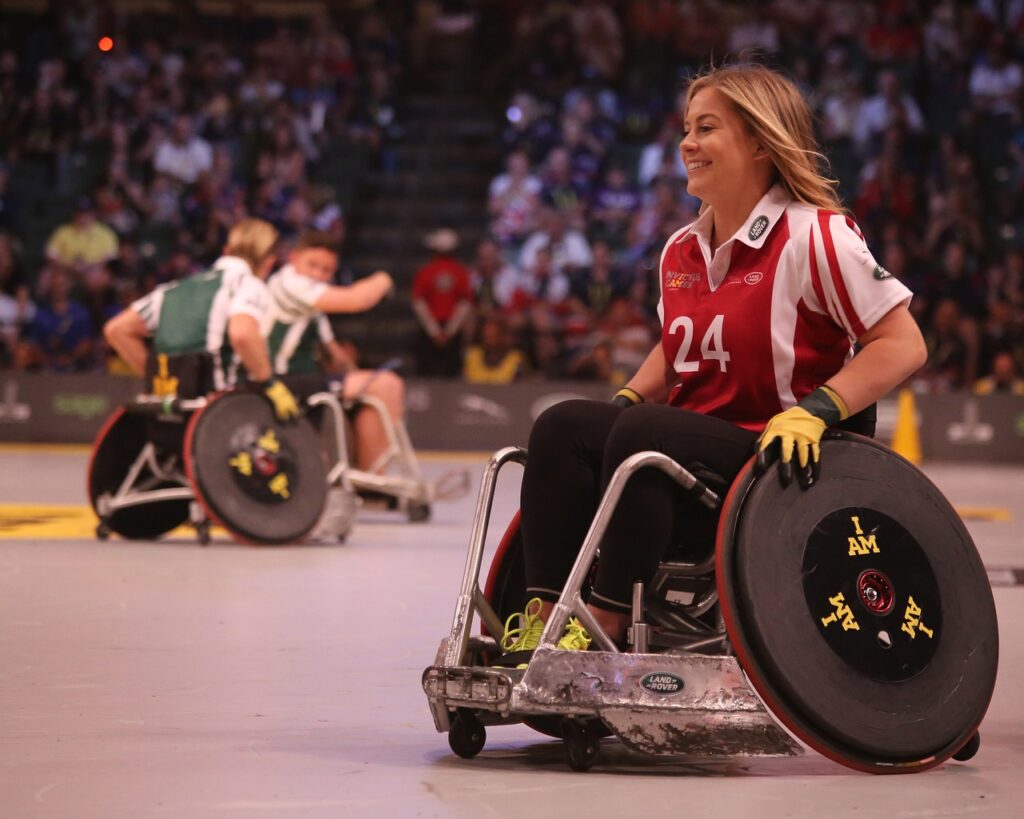Most people with disabilities want to live noninstitutionalized in the community with the medical assistance they need. And there are many resources in Louisiana designed to help you achieve just that. However, navigating state programs and resources can be a challenge, even when you have professionals working on your behalf. That’s where self-advocacy comes in. Read on for some life-changing self-advocacy tips for people with disabilities.
What is Self-Advocacy?
Self-advocacy is crucial for everyone, including those with disabilities. You can think of it as the ability to stand up for yourself and those things that you hold dear. It comes in handy whenever you’re trying to gain access to something or in situations where others may be treating you unfairly. An example of this might be asking your employer for a disability accommodation.
Why Self-Advocacy is Important for People with Disabilities
The importance of self-advocacy cannot be overstated, especially in the case of someone with a disability. Self-advocacy empowers people with disabilities to fully integrate into community living. Being able to make your own decisions and fight for yourself are core skills necessary in this type of living arrangement. Here are a few other benefits self-advocacy brings:
- Increased self-confidence.
- Better access to the support and services you need in the community.
- Social improvement, learning opportunities, and career advancement.
- Stronger relationships and a sense of belonging.
- The development of skills that can be helpful to you, including communication skills, problem-solving skills, and more.
Self-Advocacy Tips for Individuals with Disabilities
Have you struggled with self-advocacy in the past? If so, you’re not alone. Self-advocacy doesn’t always come naturally, and being unsuccessful in advocating for yourself can be discouraging. However, with a roadmap, you can develop the skills you need to take control of your life and make it how you want it to be. Read on for a step-by-step guide you can use to flex your self-advocacy muscles.
Get To Know Your Rights
Read up on disability laws. Knowing your rights will make you feel more confident in communicating your needs. It also helps to have quick access to relevant legislation so you can quickly reference it in a pinch. Here are a few resources to get you started:
- Americans With Disabilities Act (ADA)
- Disability Employment Incentive Act
- The Fair Housing Act
- Individuals With Disabilities Education Act (IDEA)
Strengthen Your Communication Skills
Ensure that you can communicate exactly what you need and why you need it. Roleplaying this with someone else – a family member or friend- can be helpful. Talk to them freely in a confident and assertive tone rather than an aggressive one. Once you’re confident you can do this with your loved ones, try it with others who aren’t part of your inner circle.
Find Outside Support
Some might assume they are the only ones dealing with a given issue. But most of the time, that’s not the case. If you look for it, you’ll like to find an online or in-person support group and connect with others who are dealing with the same challenges you are. Bounce ideas off of kindred spirits and listen to them – you’ll walk away feeling empowered and better able to advocate for yourself.
Learn to Say No
People who have trouble saying “no” often find themselves in situations where they’re uncomfortable, unfulfilled, or even neglected. Thankfully, the more you say “no”, the easier it will become. Make a conscious effort to say no more often; you’ll be surprised at the life you can build.
Developing Self-Advocacy Skills Takes Time
Learning to advocate for yourself probably won’t happen overnight. While you’re working on developing self-advocacy, it’s nice to be able to lean on someone who cares. Your Medicaid support coordinator works behind the scenes and alongside you to help you get the Medicaid resources you deserve.


